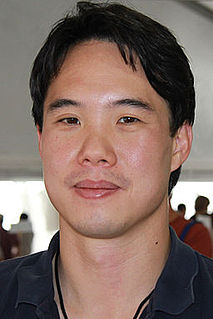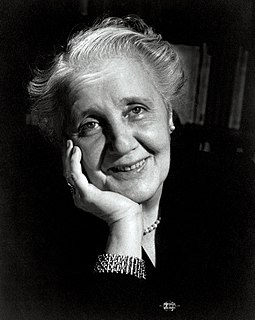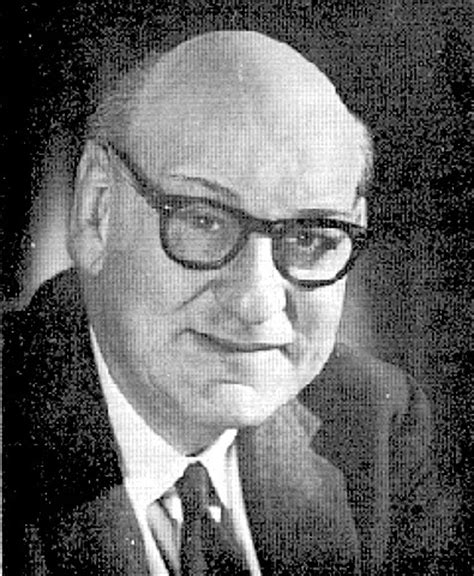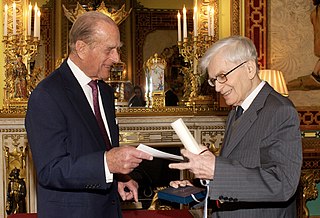A Quote by Allen W. Wood
In fact, if you read what Kant has to say about feeling, desire and emotion, you see that he is not at all hostile to these. He is suspicious of them insofar as they represent the corruption of social life (here he follows Rousseau), but he also thinks a variety of feelings (including respect and love of humanity) arise directly from reason - there is, in other words, no daylight between the heart and the head regarding such feelings.
Quote Topics
Related Quotes
Kant does not think that along with choice of an action we also choose in each case the motive from which we do it. He thinks all is well if I act beneficently, realizing that it is my duty but also having sympathetic feelings for the person I help. But I ought to strive to be the sort of person who would still help even if these feelings were absent. And it is such a case that he presents when the sympathetic friend of humanity finds his sympathetic feelings overclouded by his own sorrows, and still acts beneficently from duty.
With a lot of what we take to be true feelings, especially on pop records, we feel them because they're cleverly crafted. And because the words are written by somebody who knows how to craft words and draw on those things and convey those feelings. That doesn't mean they're dishonest. But it also doesn't mean that it's all just pure primitive emotion spilling out.
Kant does not think there is anything wrong with being beneficent from sympathy. He thinks we have a duty to cultivate sympathetic feelings by participating in the situations of others and acquiring an understanding of them. He thinks we also have a duty to make ourselves into the kind of person for whom the recognition that something is our duty would be a sufficient incentive to do it (if no other incentives were available to us). That's what he means by "the duty to act from the motive of duty".
I wanted to see if I could create something that is emotional between people. Existing games are about killing each other or killing something together. The idea of social emotion means people need to share feelings. At that moment, the players are in sync. The problem [with many games] is there's no chance to share emotion. Most of them are busy, [there are] explosions everywhere. So we got rid of all the background noise and we had to get rid of the guns.
I know our feelings can be so unbearable that we employ ingenious strategies – unconscious strategies – to keep those feelings away. We do a feelings-swap, where we avoid feeling sad or lonely or afraid or inadequate, and feel angry instead. It can work the other way, too – sometimes you do need to feel angry, not inadequate; sometimes you do need to feel love and acceptance, and not the tragic drama of your life. It takes courage to feel the feeling – and not trade it on the feelings-exchange, or even transfer it altogether to another person.
Feelings come and feelings go. There is no need to fear them and no need to crave them. Be open to your feelings and experience them while they are here. Then be open to the feelings that will come next. Your feelings are a part of your experience. Yet no mere feeling, however intense it may seem, is your permanent reality.
People in general attach too much importance to words. They are under the illusion that talking effects great results. As a matter of fact, words are, as a rule, the shallowest portion of all the argument. They but dimly represent the great surging feelings and desires which lie behind. When the distraction of the tongue is removed, the heart listens.
I do not communicate by words alone. In fact, rarely do I do so. My most common form of communication is through feeling. Feeling is the language of the soul. If you want to know what's true for you about something, look to how you're feeling about it... Hidden in your deepest feelings is your highest truth.
The message would be that the purpose of life is not to eat and drink, watch television and so on. Consuming is not the aim of life. Earning as much money as one can is not the real purpose of life. There is a superior entity, a divinity, le divin as we say in French that is worth thinking about, as are our feelings of wholeness, respect and love, if we can. A society in which these feelings are widespread would be more reasonable than the society the West presently lives in.

































